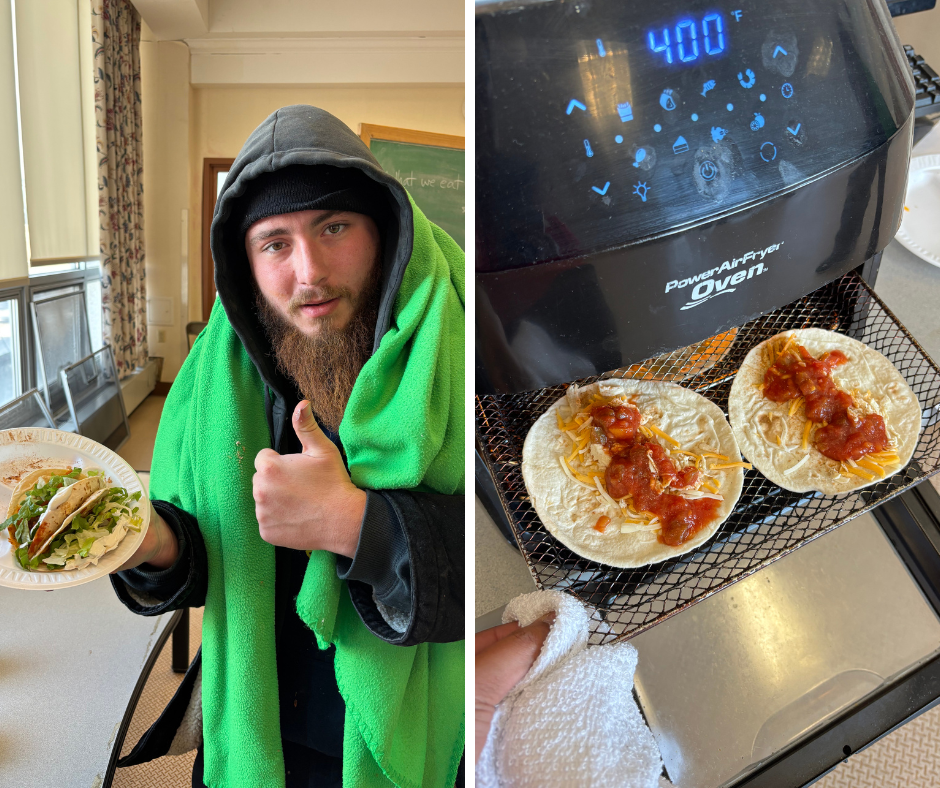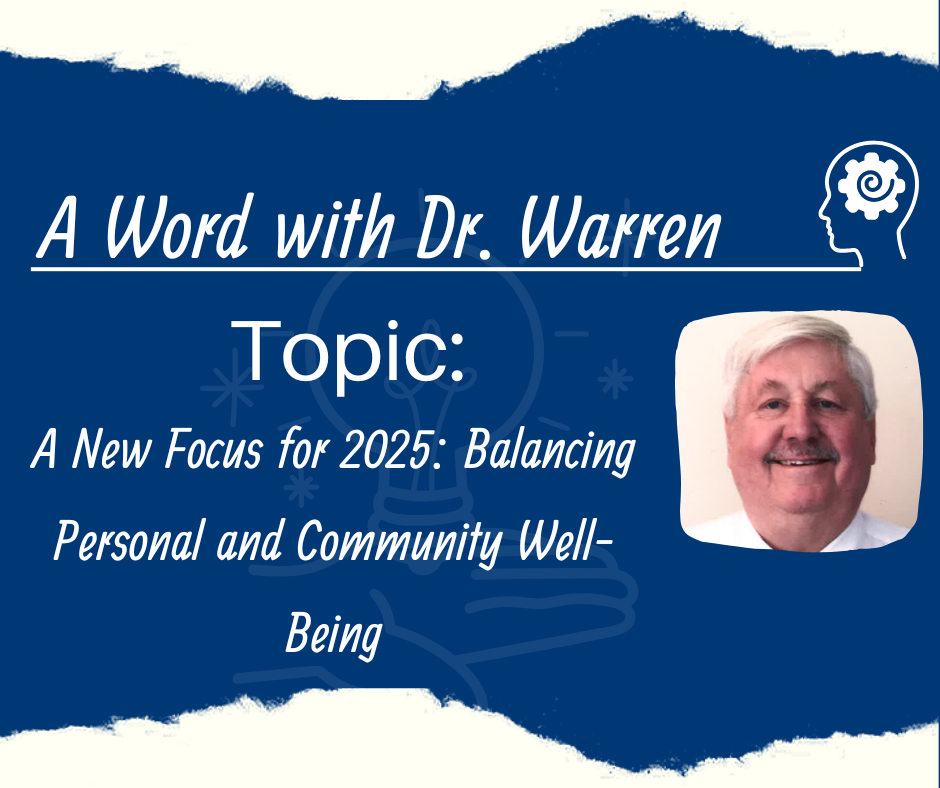Wednesday With Dr. Warren is a segment by Warren A. Kass, Ph.D. Consulting Clinical Psychologist at Magdala House. Dr. Kass is a graduate of Marquette University, has a doctorate from St. Louis University, and has over 51 years of experience as a clinical psychologist. Wednesday With Dr. Warren is an informative, thought-provoking piece that will inspire us to live, think, and be better people.
Suicide Prevention
With 61 % of the homeless population experiencing suicidal thoughts, Magdala’s case managers and line staff will almost certainly encounter a resident who discloses suicidal thoughts, an experience that is inherently stressful for most mental health practitioners. The best way to deal with this stress is to have an understanding of suicide dynamics and warning signs and to have a thoughtful and empathetic discussion with the resident.
Suicide, a preventable disorder, has been steadily increasing through the years. It is among the leading causes of death worldwide, accounting for more annual deaths than homicide, AIDS, car accidents and war. In addition to these deaths, there are an estimated 25 million annual suicide attempts. The World Health Organization (2012) noted that identifying risk and protective factors is crucial to suicide prevention strategy.
Common risk factors include:
-
Mental health orders with psychotic disorders (i.e., schizophrenia), bipolar disorder and major depression
-
Substance abuse and addiction
-
History of trauma, abuse, previous suicide attempts or self-harm
-
Recent major life events or losses (i.e., death of a loved one, homelessness), especially in the first year following the event
-
Chronic physical illness or pain
-
Family history of suicide
-
Financial or legal problems
-
Social isolation: disconnected from family and/or friends
-
Access to lethal means (i.e., firearms, lethal medications)
The subjective state of helplessness and/or hopelessness within these risk factors is key.
The warning signs of suicide include talking about wanting to die, expressing feelings of hopelessness or helplessness or feeling like you are a burden withdrawing from family or friends, and notable and major changes in mood (i.e., more depressed, lethargic, agitated, fearful), increased substance use or engaging in risky behavior, giving away belongings.
If you see someone struggling with daily living, talk to them. A common myth is that asking someone about suicide puts the idea in their head. Research shows just the opposite. Asking produces relief and lowers anxiety and stress.
Regardless of how serious the intent is to end one’s life, action must be taken. In situations that do not involve a set and doable plan, encourage the person to get help soon. When there is the commitment to seek help, follow up with a call, text, etc., to verify care is being sought or to encourage again getting the needed support. When it seems that a suicide plan is likely to be implemented, a 911 call has to be made. The overriding concern is keeping the person safe.







